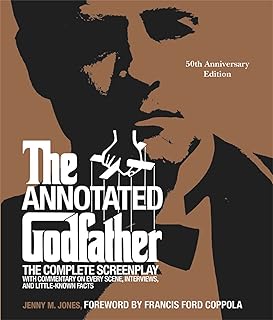When considering iconic screenplays, “Casablanca” often stands out as a prime example of exceptional storytelling. The script, based on the play “Everybody Comes to Rick’s” by Murray Burnett and Joan Alison, was a product of its time, influenced by the anti-Semitism prevalent in Europe during World War II.
Warner Brothers swiftly moved to bring the story to life, recognizing its timely relevance. The initial draft was crafted by the Epstein twins, but their involvement was interrupted by historical events like Pearl Harbor. Despite the script undergoing multiple revisions by various writers, including the uncredited Casey Robinson, the essence of “Casablanca” remained intact.
The collaborative effort behind the screenplay, coupled with on-set improvisations and contributions from director Michael Curtiz, enriched the storytelling and added depth to the characters. The script evolved into a blueprint for the movie, emphasizing the importance of a collective vision in filmmaking.
Modern cinema often involves a multitude of writers shaping a film, from the initial draft to on-set revisions. This collaborative process, though sometimes challenging, aims to enhance the final product and ensure that the essence of the story is effectively conveyed on screen.
The real magic of “Casablanca” lies in its well-defined character arcs. Each character undergoes a transformation throughout the narrative, none more so than Rick and Captain Louis Renault. Rick’s journey from a self-serving individual to a selfless hero driven by love and sacrifice exemplifies the film’s emotional depth.
On the other hand, Captain Renault’s evolution from a power-hungry official to a morally conscious ally showcases the film’s nuanced portrayal of human nature and redemption. The characters’ arcs intertwine seamlessly, contributing to the timeless appeal of “Casablanca” as a cinematic masterpiece.
Character-driven narratives like “Casablanca” continue to inspire filmmakers and screenwriters, emphasizing the importance of compelling storytelling and well-developed characters. The intricacies of the script, coupled with the stellar performances and direction, have solidified “Casablanca” as a classic that transcends generations.
As we delve into the nuances of iconic screenplays, it becomes evident that the enduring legacy of films like “Casablanca” lies not only in their scripts but also in the collaborative efforts of writers, directors, and actors who bring these stories to life on the silver screen.
📰 Related Articles
- Unveiling the Art of Playwriting: Crafting Timeless Theatrical Narratives
- Timeless Charm: Wooden Outdoor Furniture’s Enduring Appeal and Versatility
- Rome’s Timeless Charm: History and Modernity Blend Beautifully
- Roma Eterna Book Reveals Rome’s Timeless Beauty and Charm
- Rediscovering Nostalgia: The Timeless Charm of Flea Markets






